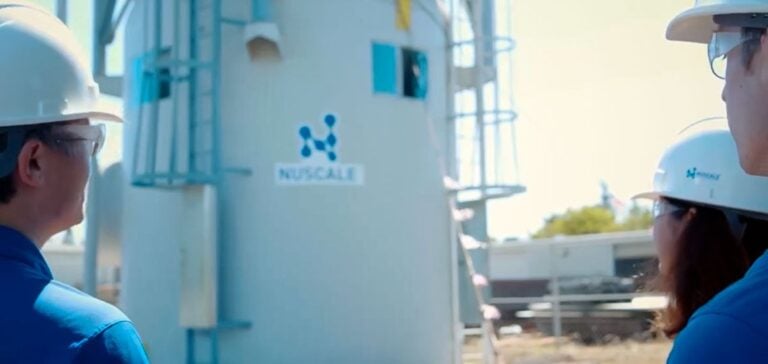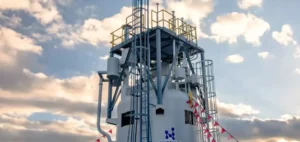2023 was a difficult year for SMRs, particularly with the cancellation of the NuScale project in Idaho, the only SMR to have been licensed by the US Nuclear Regulatory Commission (NRC). Project costs, initially estimated at $5.3 billion, escalated to $9.3 billion, leading to the abandonment of construction.
Industry response to setbacks
Mason Lester of S&P Global Commodity Insights notes that, despite these setbacks, positive progress has been observed. The Darlington project in Ontario remains on track, with commissioning scheduled for 2029. He claims that construction should start in 2025 if the regulators give the go-ahead.
Partnerships and regional support
The Tennessee Valley Authority (TVA) continues to invest in the development of the BWRX-300. John Kotek of the Nuclear Energy Institute points out that NuScale’s problem was not the initial cost, but the risk of that cost rising. He mentions the ongoing effort to spread financial risks in order to facilitate the construction of the first models.
Innovations and technological challenges
Marcia Burkey of TerraPower, in partnership with GE Hitachi, is working on liquid sodium technology. She explains that this technology requires less material and manpower, and could therefore reduce costs. She insists on the need to standardize production in order to cut costs quickly.
Future prospects and regulatory implications
Sylvain Cognet-Dauphin of S&P Global Insights points out that, although China and Russia already have operational SMRs, the USA and Canada are well positioned to lead this industry. It also discusses recent regulatory advances that could facilitate the deployment of these technologies.
Despite substantial obstacles, the US RMS industry is showing signs of resilience and innovation, with promising projects in development and a progressively adaptive regulatory framework.






















